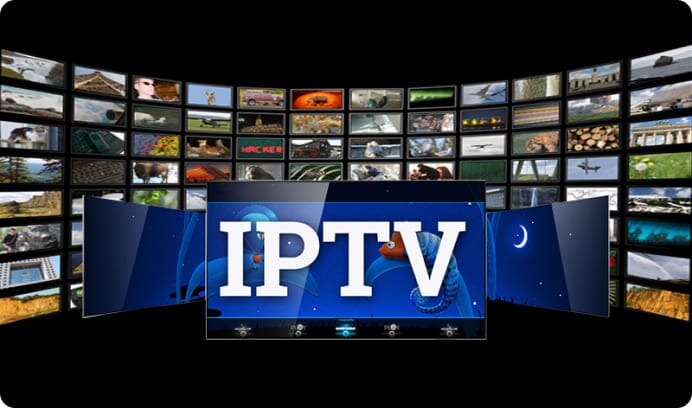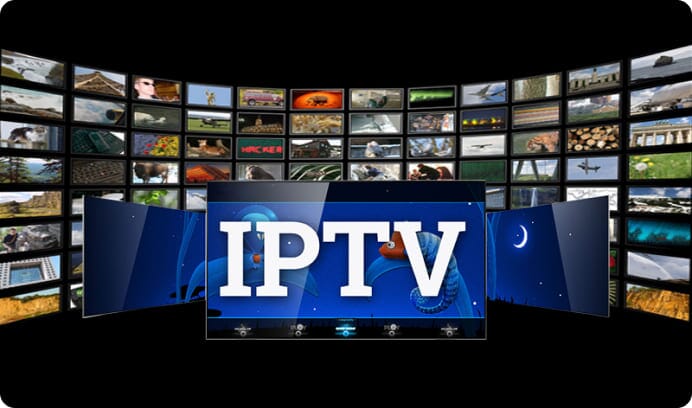entertainment

July 10,2025 • 3 min read
Is IPTV the Future of Television in the UK?

The television industry in the UK is going through a major transformation, and at the center of it is IPTV – Internet Protocol Television. With more people cutting the cord and shifting from traditional cable and satellite to internet-based streaming, IPTV is fast becoming a dominant force in home entertainment.
But is it just a trend, or is IPTV truly the future of television in the UK? Let’s break down what IPTV is, why it's gaining popularity, and what it means for the future of how we watch TV.
What is IPTV?
IPTV (Internet Protocol Television) delivers television content through the internet instead of traditional satellite or cable formats. Rather than broadcasting content at scheduled times, IPTV offers:
-
On-demand content
-
Live streaming channels
-
Time-shifted TV (like replay or catch-up)
-
Interactive features
Why Is IPTV Becoming Popular in the UK?
✅ Flexibility & Convenience
Users can watch what they want, when they want, with features like pause, rewind, and record. No need to follow strict programming schedules.
✅ Cost-Effective
Compared to traditional satellite or cable subscriptions, IPTV services often provide more channels for less money—including access to international content and premium sports.
UK Market Trends: IPTV on the Rise
According to recent data:
-
Over 15 million UK households now stream TV through services like Netflix, Amazon Prime, and IPTV platforms.
-
Traditional TV viewership is declining year-on-year, particularly among viewers under 40.
-
Live sports and on-demand shows are driving IPTV subscriptions across all age groups.
With ultrafast broadband now reaching more UK homes, IPTV has become more accessible than ever.
Is IPTV Legal in the UK?
This is a common concern. Legitimate IPTV services that operate under content licensing agreements (e.g., BBC iPlayer, Sky Go, Now TV, etc.) are perfectly legal.
However, unauthorized IPTV services that offer paid access to pirated streams (especially of Sky Sports, BT Sport, etc.) are illegal and pose risks like malware, fines, and data breaches.
The Shift Away from Traditional TV
The UK’s traditional broadcasting landscape—think BBC, ITV, Channel 4—is adapting by offering digital platforms and on-demand access. Meanwhile, many users are:
-
Ditching Freeview boxes for IPTV-enabled smart TVs
-
Using Fire TV Sticks, Android TV boxes, or Roku devices to access IPTV apps
-
Subscribing to niche IPTV packages like Arabic, South Asian, or sports-focused bundles
What Does the Future Look Like?
The shift to IPTV in the UK is not just a trend—it’s a transformation. In the next 5–10 years:
-
Cable and satellite may become obsolete, especially in urban areas
-
Internet providers may bundle IPTV with broadband as standard
-
IPTV could integrate with AI and voice assistants for personalized content recommendations
-
Local broadcasters may fully transition to online-only platforms
Pros & Cons of IPTV
| Affordable & customizable | Depends on internet connection |
| Global & diverse content | Some services may be illegal or low quality |
| On-demand flexibility | Buffering can occur with slow networks |
| Works on many devices | Security risks with unverified apps |
Conclusion: IPTV – The Future Is Already Here
So, is IPTV the future of television in the UK? The answer is a strong yes.
If you haven't explored IPTV UK yet, now might be the time to see what the future of television looks like—on your terms, on your screen, anytime you want.
Jordon cox Details
User Profile
- Full name
- Jordon cox
- Email address
- jcox32242@gmail.com
- Join Date
- 2025-07-10
- State
- City
- Pincode
- Address
- Follow us on Facebook
- Follow us on Twitter
- Website Name
- https://iptv-media.uk/
- Bio
- IPTV UK services are created equal. Legal providers give peace of mind, consistent service, and quality support